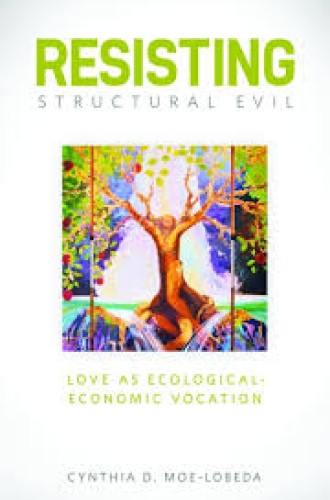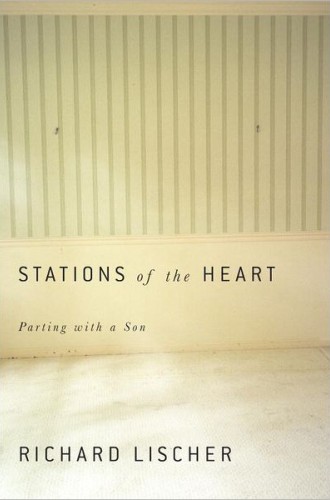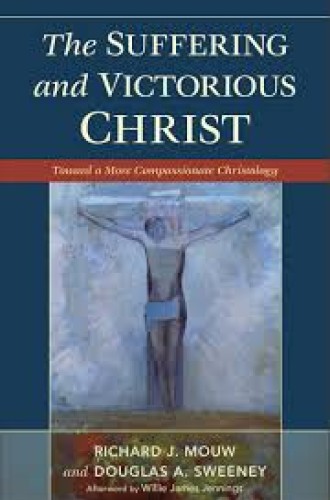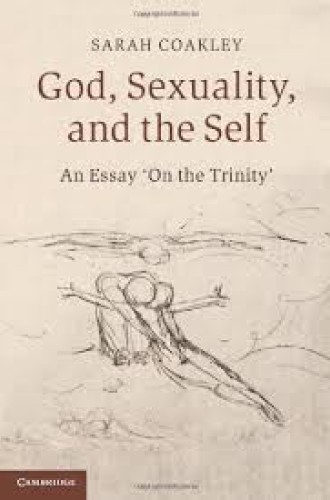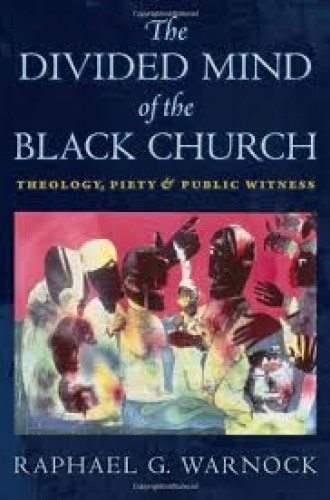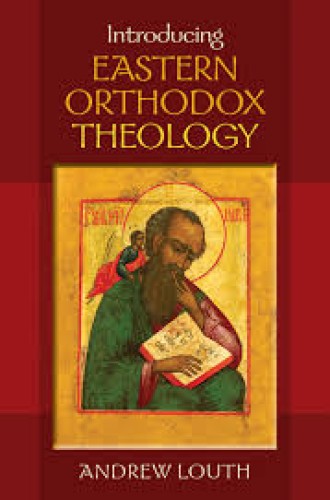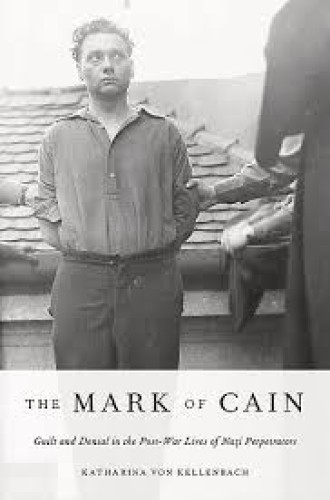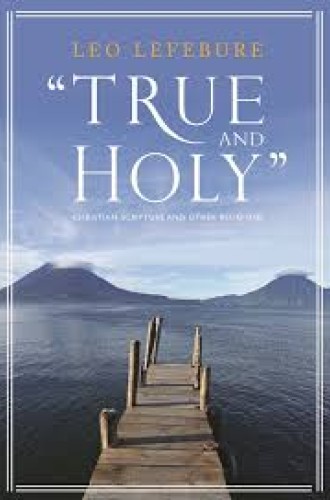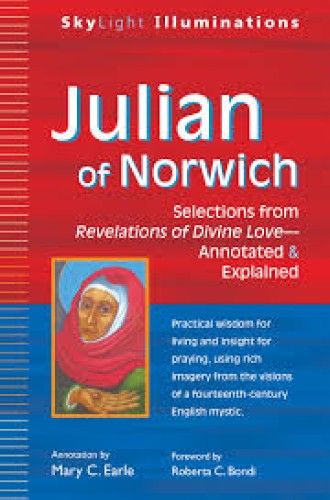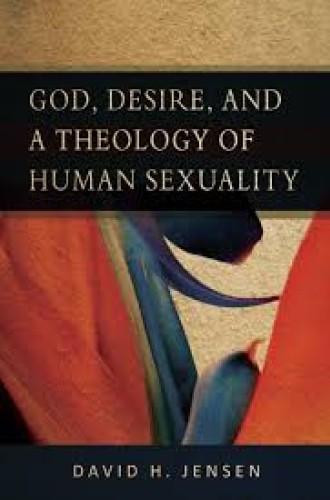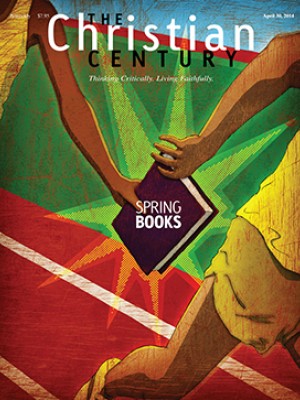Theology
Resisting Structural Evil: Love as Ecological-Economic Vocation, by Cynthia D. Moe-Lobeda. Moe-Lobeda’s Lutheran acknowledgment of the moral ambiguity of all human action does not deter her from calling for an ethic of love that aims at forging just and sustainable relations between humans and the earth. Her argument is presented in a clear, accessible style and is interspersed with compelling stories.
Stations of the Heart: Parting with a Son, by Richard Lischer. In this unflinching memoir of his son’s death, Lischer offers profound theological reflections on baptism, sanctification, and the interplay of faith and doubt.
Read our latest issue or browse back issues.
The Suffering and Victorious Christ: Toward a More Compassionate Christology, by Richard J. Mouw and Douglas A. Sweeney. Two white evangelicals think aloud about the strengths and shortcomings of their Reformational traditions and commend the insights of Asian and African-American Christians into the suffering and sorrows of Christ. The afterword by theologian Willie Jennings is both appreciative and critical, and not to be missed.
God, Sexuality, and the Self: An Essay “On the Trinity,” by Sarah Coakley. This first volume in Coakley’s ambitious project in systematic theology enters trinitarian reflection by way of the Spirit’s promised intercession in prayer and includes field studies of two congregations. Her theology aims for “an attentive openness of the whole self” to the reality of God. She writes for general readers as well as trained theologians, but everyone will find this an intellectually demanding book.
The Divided Mind of the Black Church: Theology, Piety and Public Witness, by Raphael G. Warnock. Warnock, the pastor of Ebenezer Baptist Church in Atlanta, calls for a renewed synergism between the liberationist impulse of black and womanist theologies and the evangelical piety of the black church. Only when these two forces realign, he contends, can the black church sustain a consistent “over-againstness” in the face of evil and injustice.
Introducing Eastern Orthodox Theology, by Andrew Louth. This book started out as a series of public lectures, and some of the personal and direct style of those talks remains. Louth, an emeritus professor and Russian Orthodox priest, combines a deft account of the history of the Orthodox tradition with an insider’s appreciation of its practices of worship and prayer.
The Mark of Cain: Guilt and Denial in the Post-War Lives of Nazi Perpetrators, by Katharina von Kellenbach. This extensively researched study concludes that among Nazi perpetrators, truthful memory of their own deeds and open recognition of their victims’ suffering have been very rare. In the face of this pervasive denial of guilt, von Kellenbach argues that Christian calls for forgiveness and closure are inadequate. She advocates Christian penitential practices that, like the mark of Cain, set perpetrators on a path of moral repair that is open and transparent.
True and Holy: Christian Scripture and Other Religions, by Leo Lefebure. Lefebure, a Catholic priest and veteran of interreligious dialogue, takes up the urgent task of interpreting Christian scripture in relation to other religions. While acknowledging the historical predominance of hostile and adversarial patterns of biblical interpretation, he argues that the Bible contains resources for respectful and generous interfaith engagement and lifts up hopeful signs of a positive hermeneutical shift in Christian relations with Jews, Muslims, Hindus, and Buddhists.
Selections from Revelations of Divine Love—Annotated and Explained, by Julian of Norwich. A few lines from the writings of the 14th-century theologian Julian of Norwich have become so familiar that they appear on greeting cards. These selections from her central work, introduced by Roberta C. Bondi and generously annotated by Mary C. Earle, are an opportunity for the nonspecialist to take a big next step in understanding Julian’s thought and context.
God, Desire, and a Theology of Human Sexuality, by David H. Jensen. Jensen constructs his theology of human sexuality in interaction with Christian doctrines of Trinity, incarnation, resurrection, eschatology, sacraments, and vocation. The result is a theologically rich account that asks hard questions about both traditional Christian teaching and contemporary sexual mores and sets Christians on a path of discernment.


